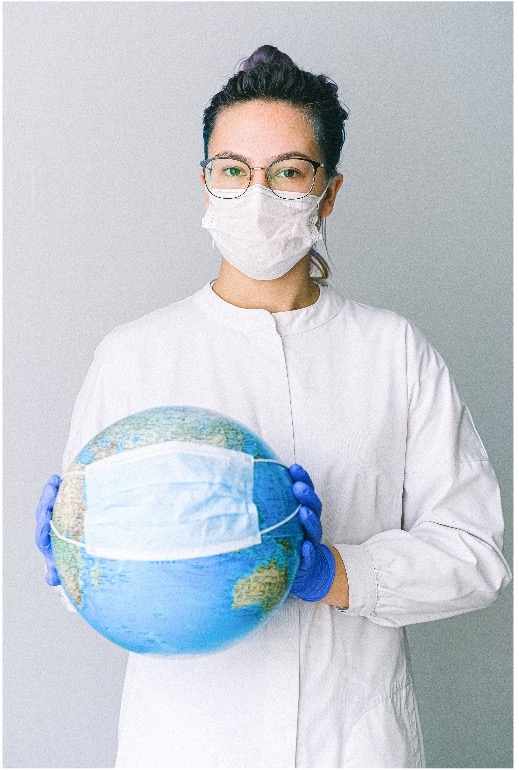
ARTIFICIAL INTELLIGENCE AND THE BATTLE AGAINST COVID-19
Admin / January 24, 2023
Covid-19 is a vicious pandemic that turned the world upside down; it affected every life on the planet. The virus originated in China in December 2019 and started spreading throughout other countries. In 2020, all countries initiated a complete lockdown as to decrease the outbreak. For over a year now, researchers everywhere have been trying to find vaccines and cures. With death rates rising, the situation has become more dire. As lockdown did not unfortunately succeed to put an end to it, our only hope now is to find a cure.
Finding a cure to a new mutating virus can be quite devastating, as the virus keeps mutating and changing, we are always left one step behind. Meanwhile, most places continue to be in total lockdown as it is highly contagious, researchers and doctors are the most vulnerable, as they deal with the virus on daily basis and with multiple patients which puts everyone at risk.
A way to decrease this risk and to cut the process of time shorter, is to start using artificial intelligence, a computer can not get infected.
Last month, about 30 researchers met virtually in a conference called “Covid-19 and AI” on April 1st. The conference was hosted by Stanford Institute for Human-Centred Artificial Intelligence. The experts joined this conference to discuss how can AI assist with understanding the nature of this virus and to help with this “health crisis”. The conference was attended by members of the faculty of medicine, computer science, and humanities; politicians, start-up founders, and researchers from various universities across the United States. All of the attendees are using AI and machine learning tools to fight the virus.
Binbin Chen, Stanford genetics MD and Ph.D. student is working with his team on using AI to study fragments of SARS-CoV-2 and how they might apply the results to COVID-19 vaccines. Chen says that these tools can “give us a better educated guess and increase our chances of finding an effective vaccine.” Similarly, Stefano Rensi, Stanford bioengineering researcher, is examining existing drugs through machine learning tools, as to determine potential drugs that could work. Meanwhile, scientist Lucy Li of the Chan Zuckerberg Biohub and her organization are developing a tool that estimates the count of unreported infections. Another example is paediatrician John Brownstein and his team, they are currently tracking coronavirus infections worldwide. They are partnering up with organizations that have designing tools around the information like the CDC. They are analyzing efficacy of the policies on social-distancing. Those are just some of the examples that were discussed during the conference.
AI is currently also applied in prediction and tracking of the virus. AI techniques can also be applied for monitoring patients as well as predictions for the course of treatment. The data which can be derived from statistics and clinical parameters, could be implemented within AI tools which can determine and provide critical information. It can also be used to predict chances of recovery and mortality rates; by storing and analyzing data of previous infections, AI ultimately can play a dominant role in the course of treatment. A deep learning model has been developed by researchers, it is called COVID-19 detection neural network (COVNet). It’s used for differentiating between COVID-19 and pneumonia; based on visual 2D and 3D features that are extracted from volumetric chest CT scans.
Artificial intelligence is again used to reduce the burden that falls upon the medical practitioners and the healthcare staff. They have developed tools which automates various processes; like determining the course of treatment by doing analysis of clinical data; by using pattern and recognition tools. Moreover, AI classifies and categorises patients; whether the symptoms are severe, genetic disposition, etc. Accordingly, doctors will know quicker which course of treatment to be taken.
Chat-bots; like Clara from the Centre for Disease Control and Zini are supporting patients remotely. It is prognostic prediction algorithm, which predicts the mortality risk of the patient, by implementing machine learning methods using features previously taken from the data of other patients.
In these ways and more, AI brings a lot to the table. Researchers are working everyday in developing new tools that will help the world take on this vicious virus.
